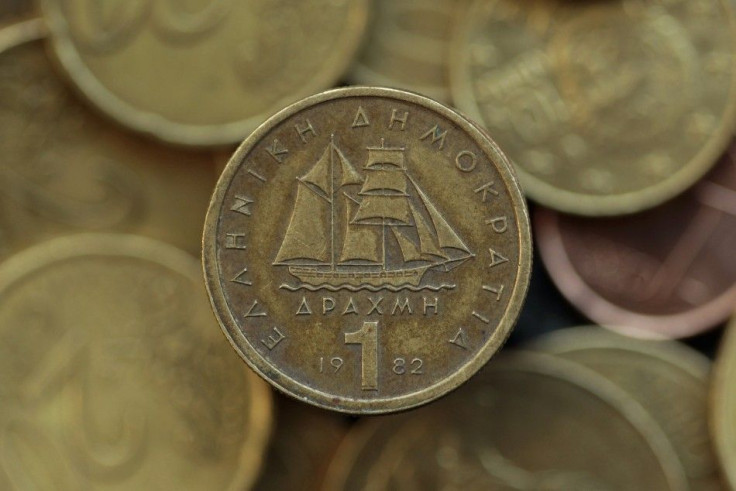Could Germany Be Sounding A Softer Note On Greece?

Euro-zone paymaster Germany may be willing to consider additional measures to promote growth in Greece, but the Hellenic Republic must still carry out its previously agreed reforms, German Finance Minister Wolfgang Schaeuble said in an interview with Welt am Sonntag this weekend.
If the Greeks have an idea of what we could do ... to promote growth, we can always talk and think about this, Schaeuble said in the German newspaper's article, according to Reuters. But ultimately it is about making Greece competitive again, allowing the economy to grow and opening the path to the financial markets again.
That requires the agreed, fundamental reforms being carried out, Schaeuble said. Otherwise, the country has no prospects.
On May 6, the Greek electorate deserted in droves both the center-right New Democracy and the center-left Pasok parties that had ruled Greece for decades as the country conducted its first general parliamentary elections since the sovereign-debt crisis mushroomed in late 2009.
Many of Greece's 9.9 million registered voters are angry about the austerity imposed on them because of the terms of the bailouts dictated by the so-called troika: the European Central Bank, European Union, and International Monetary Fund. And, of course, Germany is a key player in all three policymaking institutions.
Before the snap elections to choose the members of the 300-seat Hellenic Parliament, Pasok had 129 seats (43.0 percent), New Democracy had 72 seats (24.0 percent), and six other parties had 99 seats (33.0 percent).
After the elections, New Democracy has 108 seats (36.0 percent), Syriza has 52 seats (17.3 percent), Pasok has 41 seats (13.7 percent), and four other parties have 99 seats (33.0 percent).
Greek political leaders thus have spent the last week making multiple unsuccessful attempts to cobble together some of these parliamentary fragments into a ruling coalition, and Schaeuble's comments in Welt am Sonntag could encourage them to give it another try. The alternative is another round of snap elections.
Schaeuble noted Germany did not want Greece to leave the euro zone, but he pointed out it could not force the country to remain within the currency bloc, either.
Of course, we do not want Greece to leave -- that is quite clear and unambiguous, Schaeuble said in the Reuters account of the Welt am Sonntag story. But ... we would be a strange government if we did not prepare ourselves for all thinkable scenarios, to then also be able to master them, including situations that would not be easy for Europe.
© Copyright IBTimes 2025. All rights reserved.






















